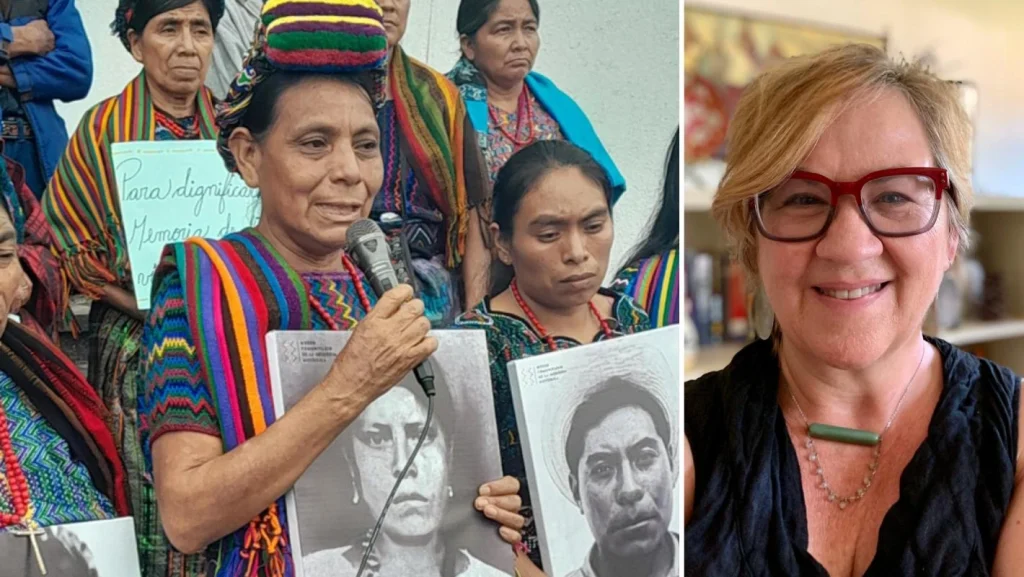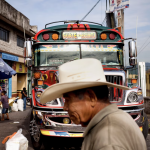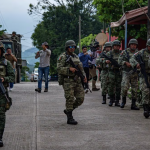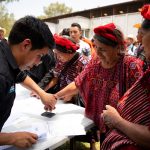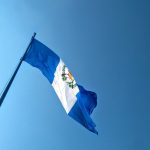Guatemala developed an innovative policy of criminal prosecution in domestic courts of those responsible for serious crimes, including genocide, war crimes, forced disappearance, and sexual violence committed during that country’s internal armed conflict (1960-1996). Transitional justice efforts in Guatemala led to the conviction of a former head of state, senior military officials, and others for these crimes and centered the voice of survivors and families of victims of wartime atrocities.
For the past decade, Dr. Burt has monitored these war crimes prosecutions. She has interviewed survivors and families of victims, documented courtroom developments, and traced the ongoing efforts by military officials and conservative politicians to obstruct criminal trials or end them altogether. In this presentation, she will analyze the contentious politics of transitional justice in post-genocide Guatemala and what this case study tells us about the politics of truth, justice and memory in post-conflict societies.
SPEAKER
Jo-Marie Burt (Ph.D., Columbia University) is a public scholar who researches and writes about political violence, human rights, and transitional justice in post-conflict societies. She is associate professor of Political Science in the Schar School of Policy and Government at George Mason University and Senior Fellow at the Washington Office on Latin America (WOLA). Dr. Burt is the author of numerous books and scholarly articles, most recently, Transitional Justice in the Aftermath of Civil Conflict: Lessons from Peru, Guatemala and El Salvador. Her research has been supported by the Open Society Foundation, the Ford Foundation, Fulbright, and the U.S. Institute for Peace, among others. Dr. Burt has monitored and written about ongoing war crimes prosecutions in Guatemala for International Justice Monitor and for online and print publications. She is currently President of the Latin American Studies Association (LASA).

